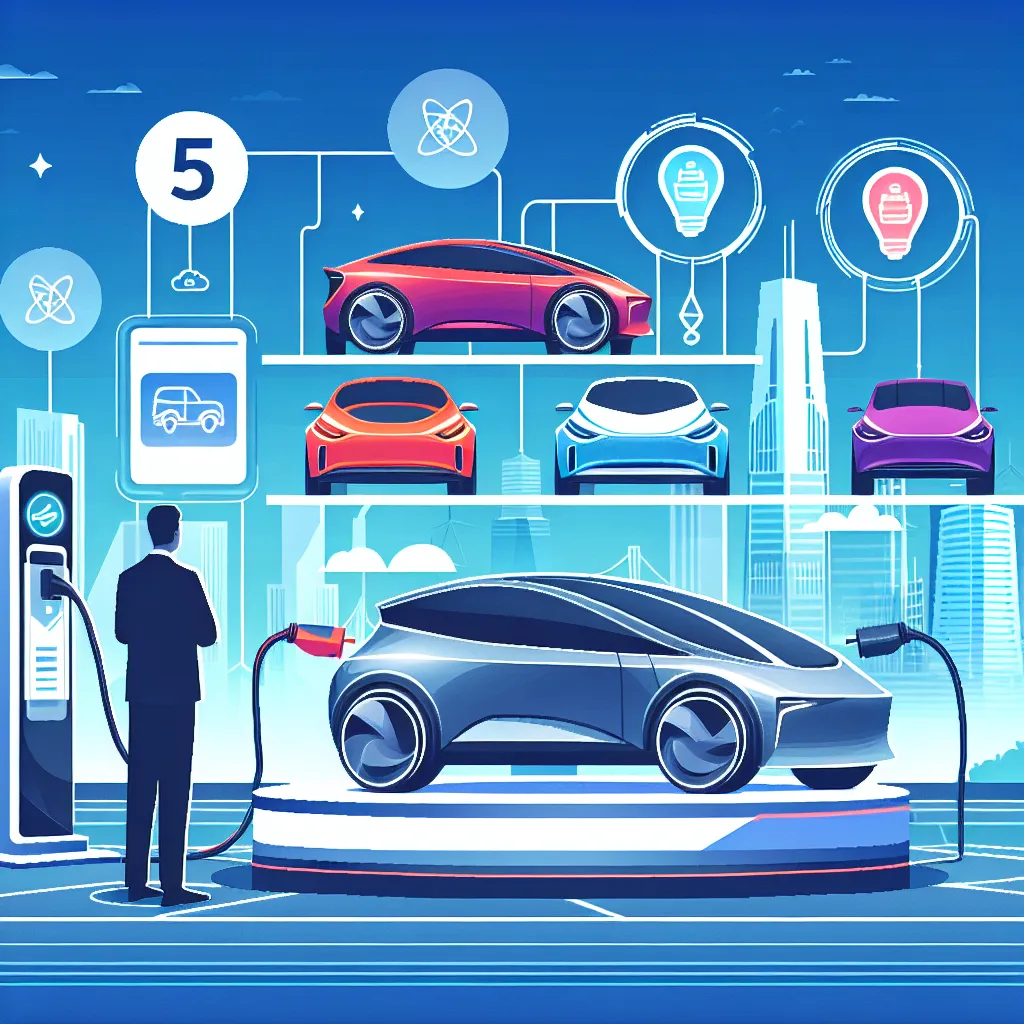Understand EV Battery Life
One crucial aspect of owning an EV is understanding the battery life. EV batteries can last between 8 to 15 years, depending on the manufacturer, usage, and maintenance. Research the battery warranty of the EV model you're considering and the cost of battery replacement. Remember, the longer the battery life, the lower your future expenses.
Consider the Charging Infrastructure
Before buying an EV, evaluate your access to charging stations. If you have a home charging system, consider vehicles with high-kilowatt charging capabilities for faster charging. If you're relying on public stations, choose an EV model with a long-range battery to reduce the frequency of charging.
Evaluate Total Ownership Cost
While EVs may have higher upfront costs than their gasoline counterparts, they often have lower maintenance and fuel costs. Consider the total ownership cost, including purchase price, insurance, charging costs, maintenance, and possible resale value to make an informed decision.
Stay Up-to-Date with Government Incentives
Many countries offer incentives for EV buyers, such as tax credits or rebates. Stay updated with these policies as they could significantly lower your purchase cost. Also, some locations offer additional benefits, like free parking and carpool lane access, to EV owners.
Test Drive Before Buying
Lastly, always test drive the EV before buying. This will give you a feel of the car's performance, handling, and comfort. Try to test drive the vehicle in different conditions, like highways, steep roads, and traffic to ensure it meets your driving needs.
Conclusion
Purchasing an EV is a significant investment but with the right approach, it can be a smooth ride. By understanding the EV battery life, evaluating the charging infrastructure, considering total ownership costs, staying abreast with government incentives, and test driving the vehicle, you can confidently navigate the 2025 electric vehicle market. Happy green driving!
